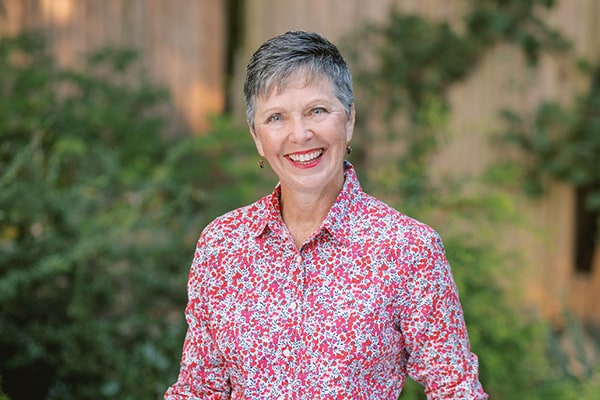Mentality {(Need for Romance + Security) > (Fear of Rejection)100}
-Memory {(Declaring Love led to Intimacy last time) ÷ (That relationship ended badly)3}
× Anxiety (Will she/he reciprocate?)10 √ {(Is this bad timing?) +Intuition (I’m getting a good vide.)}
× (Courage + Nerve ± Recklessness) = “I love you.”*
What does it mean to you when you say, “I love you”? What story do you make up when your partner says “I love you” to you? The “I love you” threshold comes at different points for different people. Some people say it when they feel secure, while others say it when they feel insecurely attached. It can be an ask or it can be a gift freely given.
The first time you say it
 One thing is for certain, if you feel it, it cannot be said too much. According to Alexandra Katehakis in her book of daily reflections, Mirror of Intimacy, “Feeling love and saying you feel love are separate processes.” In every relationship, saying I love you is a pivotal moment. After my husband and I had been dating for a few months, we were out walking, when he stopped me and faced me saying with heartfelt emotion, “I love you!” And I said, “Thank you.” As you can imagine, this did not go over well. It reminded him of the iconic Star Wars scene where Han says, “I love you” and Leia answers, “I know.”
One thing is for certain, if you feel it, it cannot be said too much. According to Alexandra Katehakis in her book of daily reflections, Mirror of Intimacy, “Feeling love and saying you feel love are separate processes.” In every relationship, saying I love you is a pivotal moment. After my husband and I had been dating for a few months, we were out walking, when he stopped me and faced me saying with heartfelt emotion, “I love you!” And I said, “Thank you.” As you can imagine, this did not go over well. It reminded him of the iconic Star Wars scene where Han says, “I love you” and Leia answers, “I know.”
The Language of Love
Katehakis says that language is how we bring emotion and cognition into being. Language is the marriage of these two intangibles. Through language, we give form and shape to ideas and feelings. Sounds simple, but sadly, emotion and cognition are rarely clean and simple. They can be entwined with a vast array of positive and negative energy.
How do I love you? Let me count the ways.
Understanding the motivation behind the words can help you to be more articulate. I love you (you’re sexy and desirable and I want you.) I love you (you make me feel safe and secure.) I love you (Did I do something wrong?) I love you (I want to spend the rest of my life with you.) I love you (I want to have sex with you.) When do you say something else and actually mean “I love you”?
Check your “I love you” language:
- Does what you say authentically mean what you think or feel?
- Do you enjoy using verbal language to communicate? Why? Why not?
- What did you learn about the language of love in your childhood home?
Ways to hone your “I love you” language skills:
- Pay attention to the meaning behind the words and go beyond “I love you.”
- Journal about the ways you use “I love you” and what you really mean.
- Tell someone “I love you” today, in a way that makes the feelings and thoughts behind the words you use completely clear.
*Katehakis, A. & Bliss, T. (2014). Mirror of Intimacy, Daily Reflections on Emotional and Erotic Intimacy. Los Angeles, Center for Healthy Sex. Pg. 155.

